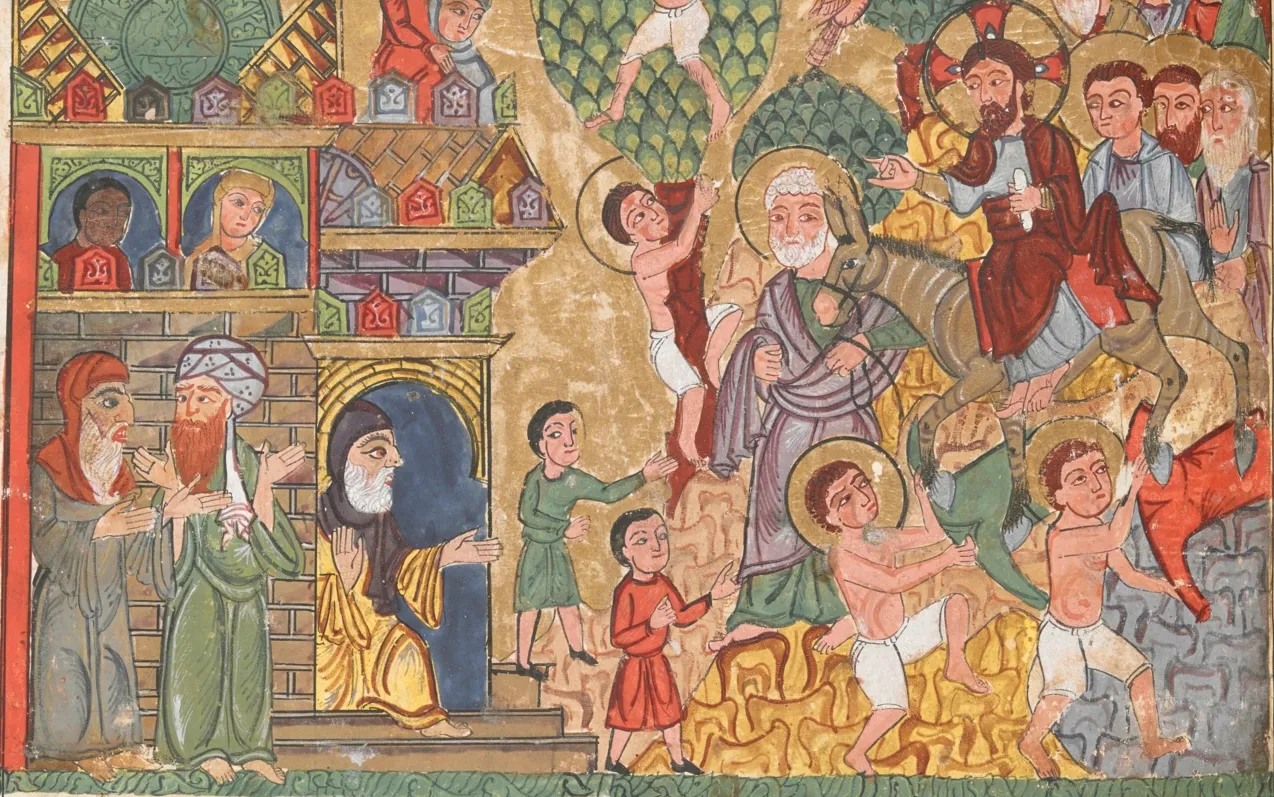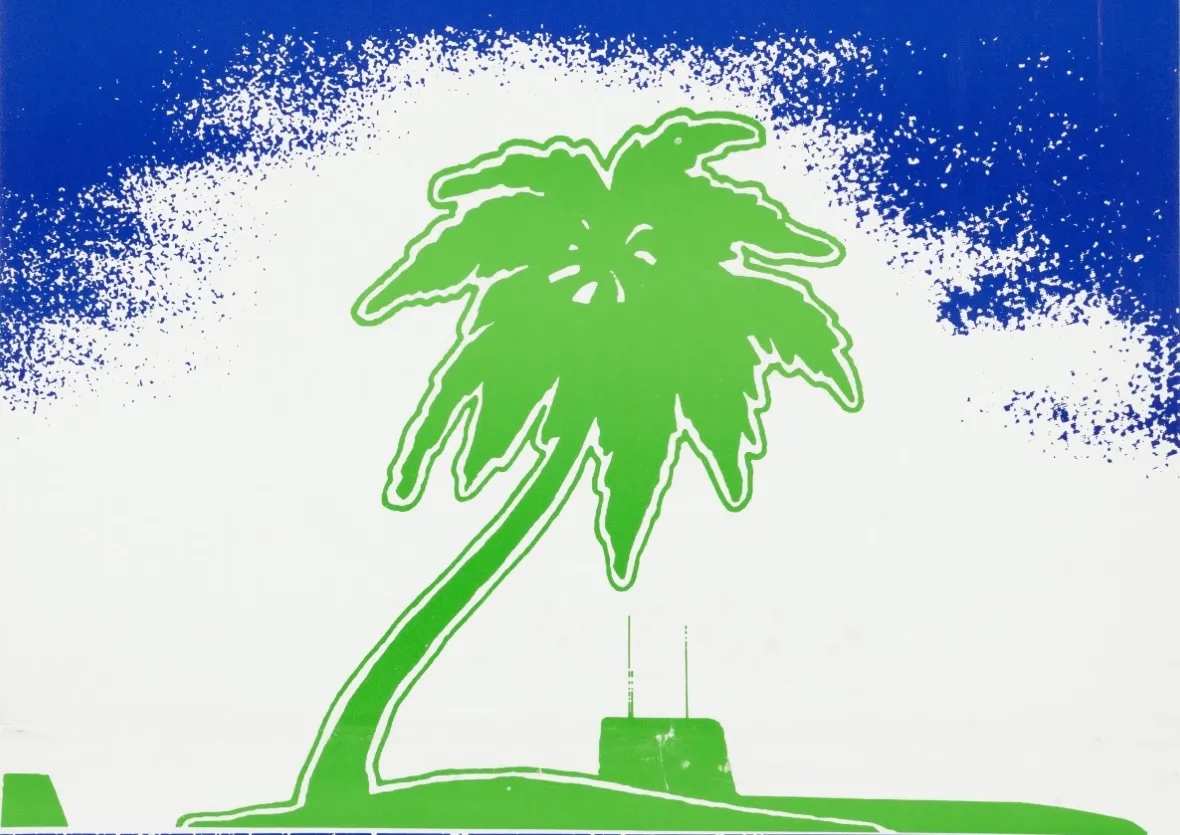“Hebrew with an Arabic Accent”: Teaching Israeli and Palestinian Shared History with Short Stories
Discussion of using short stories to teach twentieth century Israeli and Palestinian history

When I started teaching Israeli and Palestinian history, I taught the conflict. The narrative in my classes began with the British conquest of Palestine in 1917 and then forced march my students through a depressing history of uprisings and wars: the 1936 Revolt, the 1948 Arab-Israeli War, the 1956 Suez Crisis, the 1967 Arab-Israeli War, the 1973 Arab-Israeli War, the 1987 Intifada, and the 2000 Intifada. Despite a lot of maps illustrating the conflicts and shifting borders, this framing of history normalized the idea that the Palestinians and Israeli relationship was one of conflict. If we want to escape the paradigm of the conflict, we must approach teaching Israeli and Palestinian history differently.
During the past month, I focused on the period before the British conquest of Palestine in 1917. During that period, Muslims, Jews, and Christians lived together in Ottoman Palestine. By focusing on the points of intersection and alternative visions, we could see how “the conflict” was not inevitable. But how do we escape the paradigm of the conflict when teaching the twentieth century? One way is to focus less on wars and instead prioritize having students read short stories written by Palestinians and Israelis. By focusing on literature, students can escape a narrative of conflicts, winners, and losers and enter a world of ambiguity and grey areas.



